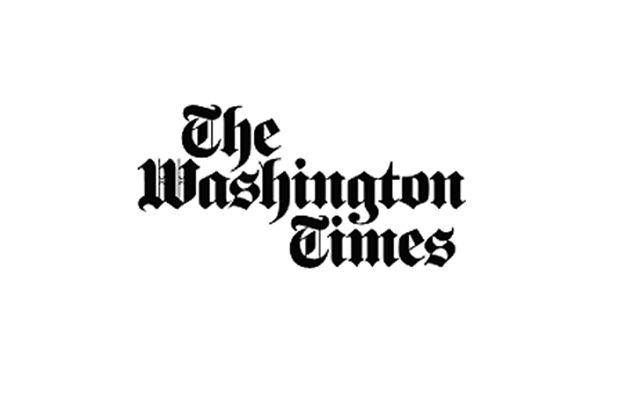"I wouldn not give prognosis on beginning of the new arms race. We will definitely not participate in it," Lavrov said.
Lavrov argued that the time had come for "modernization of our strategic armed forces."
"The approved military program comes from the country's resources, and, of course, from the requirements to ensure the reliable, modern defense. Speaking about the nuclear armory, the US's is a little younger, but it is also probably time for them to modernize it," the Russian Foreign Minister explained.
"I hope that all those restrictions highlighted in the Strategic Arms Reduction Treaty, legally oblige the US not to go beyond them. It is possible to renew, it is possible to change the old models to the new ones. But everything is recorded there, and nobody canceled the quantitative restrictions," Lavrov concluded.
The Strategic Arms Reduction Treaty (START) was first signed by the United States and the Soviet Union in 1991, leading to the largest arms control reduction in history. The document expired in late 2009.
In April 2010, Russia's then-President Dmitry Medvedev and US President Barack Obama signed the New START Treaty. The new agreement's duration is ten years and it may be extended for an additional period of up to five years.
The New START Treaty obligates the parties to reduce the number of deployed intercontinental ballistic missiles (ICBMs), submarine-launched ballistic missiles (SLBMs) and heavy bombers to 700, the number of deployed nuclear warheads to 1,550 and the number of deployed and non-deployed launchers and heavy bombers to 800.



_jpg/250px-ElbeDay1945_(NARA_ww2-121).jpg)








